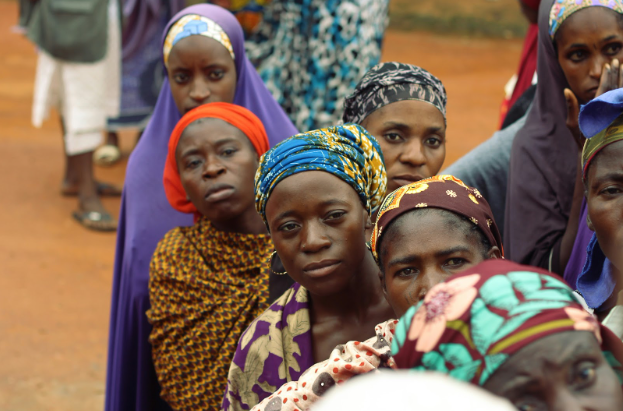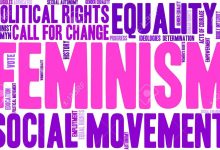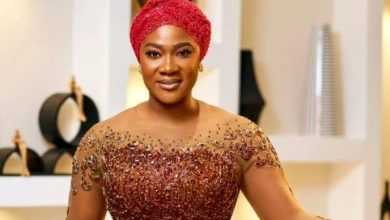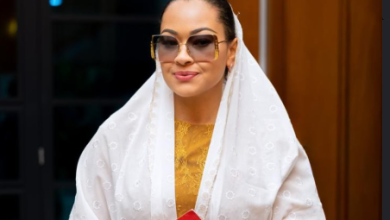
|
Getting your Trinity Audio player ready...
|
In commemoration of Nigeria’s Democracy Day, marked annually on June 12, Naija Feminists Media (NFM) hosted a thought-provoking Twitter Space titled “Making a Democratic Nigeria Work for Women.” The virtual event held on June 13, 2025, at 5 p.m. spotlighted women’s realities in Nigeria’s democracy and explored paths to inclusive governance for women.
Moderated by NFM’s Partnerships and Projects Officer, Nkechi Igwebuike, the Space drew over 100 listeners of both regular participants and first-time attendees.
In her welcome remarks, Nkechi noted that although Democracy Day celebrates national progress, the narratives are always centred on male leadership. She emphasised the need to reframe conversations on political participation and power to include and prioritise women’s involvement.
The first speaker, Omolola Pedro, a feminist, journalist, and political activist highlighted the role of media in shaping societal attitudes toward women in politics. She criticised the media for always misrepresenting or trivialising women, citing examples where irrelevant images were used in political stories about women, which later became tools for public shaming.
“This involves how media present women and the angle the media takes stories from to talk about women’s issues,” she said.
Omolola stressed the importance of accurate and respectful representation and advocated for more women in media leadership to drive systemic change.
Kosisochukwu Charity Ani, founder of MyselfDefense NG, questioned the legitimacy of Nigeria’s current democratic system, labelling it a “democrazy.” She spoke on the prevalence of vote-buying, political oppression, and the complicity of state institutions in deepening the hardship of the people.
Kosisochukwu also emphasised that cultural, religious, and gender biases continue to exclude women from politics and decision-making. Using a vivid analogy of a community lacking water facilities, she pointed out how women, despite being most affected, are excluded from local development plans when it comes to it. She encouraged women to aspire beyond mobilisation roles and urged support for the proposed bill for special women’s seats in government.
Next speaker, Iwagun Temitope Faith, political leader and President of the Progressive Young Women Forum, shared her journey into politics at age 20. She recalled attending a high-level meeting where no women were present at the table and how that spurred her activism. Temitope encouraged women to move beyond tokenism, noting that strategy and presence matter in leadership. She also called for financial support for women in politics to level the playing field.
Tinuade Mary, Executive Director of Women Too Africa, stressed the urgency of having more women in political roles to craft and enforce policies that address issues such as female genital mutilation and child marriage.
“It takes feminist women to advocate for women adequately,” she said, calling for offline engagement of women at local communities and schools to complement online activism.
Ms. Favour Eboatu, National Coordinator of the Reachout Initiative for Vulnerable African Women, spoke on how social advocacy can push for women’s full inclusion in decision-making spaces. She emphasised the need for unified support for female candidates and called on women to boldly demand inclusion and political relevance.
In closing remarks, Kosisochukwu Charity Ani reiterated the importance of affirmative action and women supporting one another. NFM founder Simbiat Bakare contributed to the discussion by calling on women to consciously choose and back other women, emphasising that feminism is not only about gender equality but a political movement demanding structural change for women.
To round off the event, Temitope Faith offered practical steps for political participation, encouraging women to register with political parties and become actively involved in shaping policies.
The NFM Twitter Space offered a powerful platform for feminist voices to interrogate the limitations of Nigeria’s current democracy and advocate for a system that centres and uplifts women. From media representation to grassroots advocacy and political participation, the speakers made it clear that a truly democratic Nigeria must work for everyone, including women.






